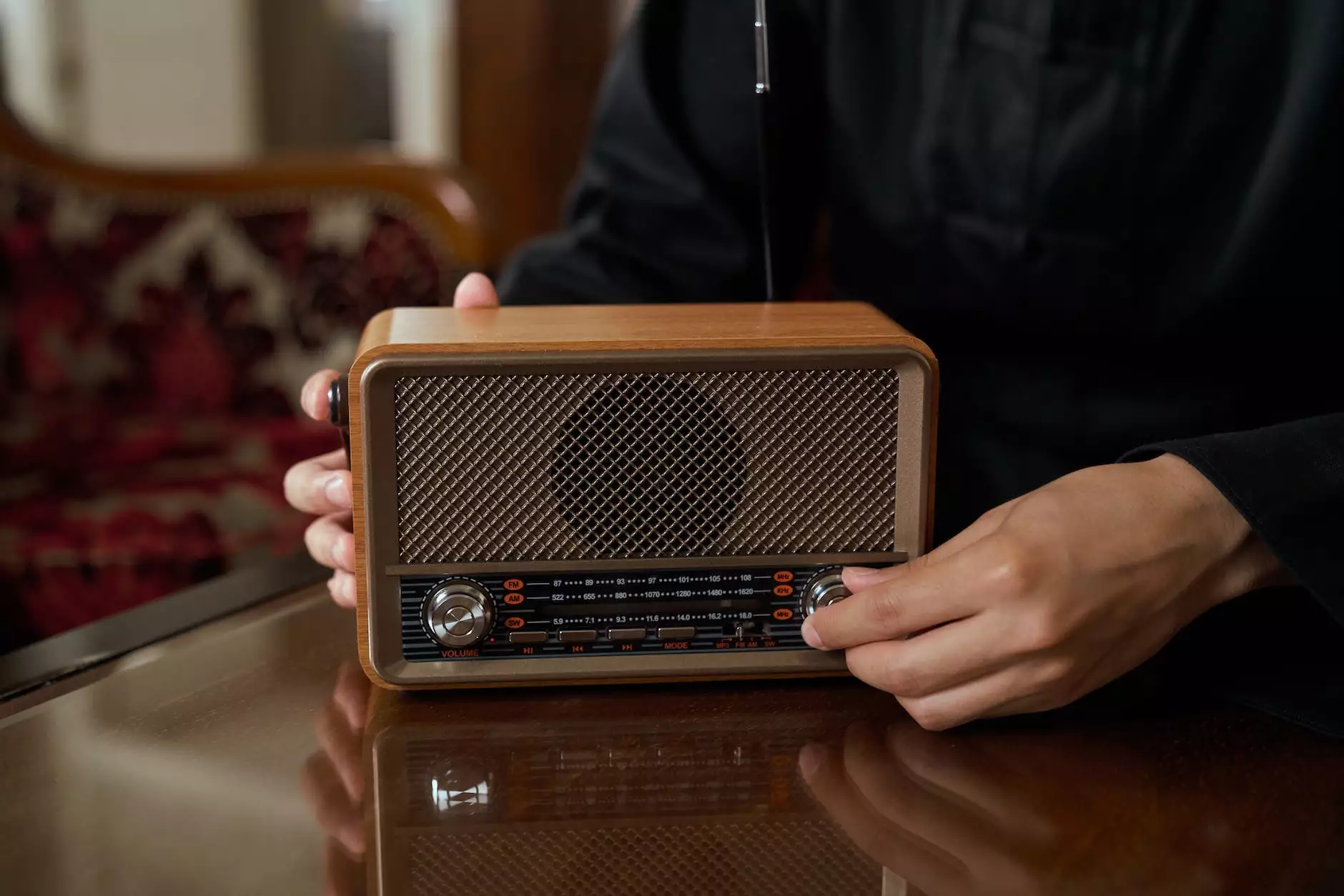229 – It Seems vs It Sounds – Conversational Phrase Lesson
English Grammar Lessons
The Importance of Learning English Conversational Phrases
As an individual looking to improve your English language skills, mastering common conversational phrases is crucial. The correct usage of phrases can greatly enhance your ability to effectively communicate with others, both in everyday conversations and professional settings. In this conversational phrase lesson, NJCLT brings you an in-depth exploration of the difference between 'it seems' and 'it sounds'.
Understanding the Difference: 'It Seems' vs. 'It Sounds'
When learning any language, it is essential to grasp the nuances and subtle differences in similar expressions. 'It seems' and 'it sounds' are two commonly used phrases in English that are often confused. Although they may seem interchangeable, they have distinct meanings and usage patterns:
The Usage of 'It Seems'
The phrase 'it seems' is used to express an assumption or a subjective opinion based on the available information or evidence. It is often used when there is a lack of certainty or definitive proof. For example:
- It seems that she is unhappy with her job.
- It seems like they had a great time on their vacation.
- It seems that the new restaurant is getting popular.
The Usage of 'It Sounds'
'It sounds' is used to convey information that is based on what someone heard or perceived through their sense of hearing. It is typically used when the source of the information is reliable or credible. Consider the following examples:
- It sounds like she enjoyed the concert last night.
- It sounds as if they are planning a surprise party.
- It sounds like there will be heavy rain tomorrow.
Contextual Usage and Examples
Now that we have a basic understanding of the difference between 'it seems' and 'it sounds,' let's explore their usage in different contexts:
Formal Context:
When engaging in professional conversations or writing formal documents, it is important to use these phrases appropriately. For example:
In a business meeting:
"Based on the market research, it seems that our sales may decline in the next quarter."
In a formal email:
"Dear Mr. Johnson, it sounds like the proposal you presented will greatly benefit our organization."
Informal Context:
In casual conversations, such as with friends and family, the usage of these phrases can vary. Here are some examples:
During a friendly discussion:
"It seems like Sarah is going to throw a surprise birthday party for John."
Chatting with a friend:
"Hey, guess what! It sounds like Mike got promoted to a managerial position."
Mastering English Conversational Phrases with NJCLT
At NJCLT, we are devoted to helping you enhance your English language skills. Our conversational phrase lessons provide comprehensive explanations, practical examples, and engaging exercises to ensure you gain a deep understanding of various phrases.
By consistently practicing and implementing conversational phrases correctly, you will become a confident and effective communicator in both social and professional settings. Join NJCLT now and unlock your full potential in the English language!
Conclusion
The distinction between 'it seems' and 'it sounds' is important for English learners to grasp as they develop their fluency and accuracy in conversational English. Understanding the appropriate usage of these phrases allows individuals to convey their thoughts more effectively and precisely.
With NJCLT's comprehensive conversational phrase lessons, you can confidently navigate these expressions and utilize them accurately in various contexts. Enhance your English speaking skills, broaden your language proficiency, and open doors to new opportunities by enrolling in our dynamic language courses today!










